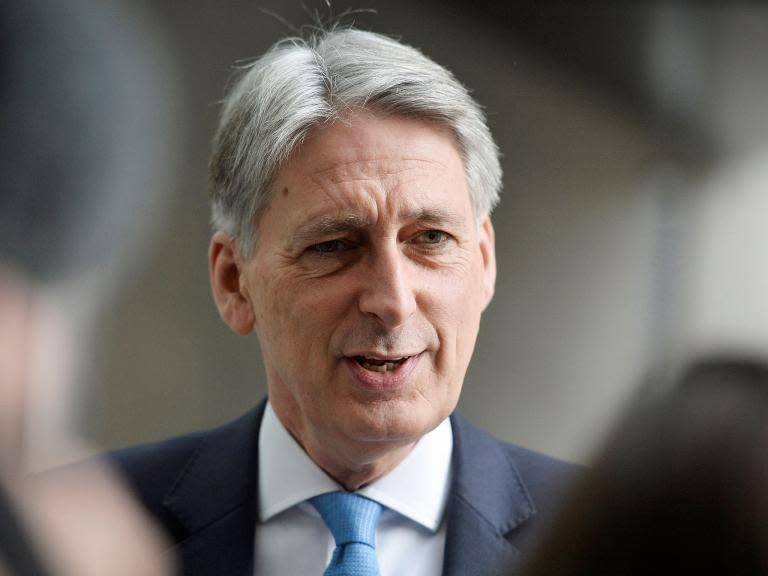Millennial card: Tories seek to win youth vote back from Labour with 26-30 discount railcard in Budget
The Budget will include a new discount railcard for people aged 26-30 and will be launched nationwide next year, the Treasury has announced.
Dubbed the “millennial card”, the new discount scheme will be one of a range of measures on Wednesday that the Treasury claims “will help young people get on in life”.
Modelled on the 16-25 railcard, which has existed in one form or another since 1974, the discount is expected to be introduced in spring 2018 to “help people who are feeling the squeeze to keep more of their hard-earned cash”.
According to the Treasury, around 4.5 million young people could benefit from the scheme, which will be unveiled by the Chancellor Philip Hammond at the Budget on Wednesday.
But the discount will coincide with rail passengers facing a fare hike at the beginning of 2018 of nearly 4 per cent.
“The Government will work with the industry on the details of the card, with the expectation it will be available to travellers from spring 2018,” the Treasury said.
Responding to the announcement Andy McDonald, Labour’s Shadow Transport Secretary, said: “This policy won’t include regulated fares and will do nothing for commuters who have seen the cost of travel rise by 27% since 2010, twice the rate of wages. The Government policy of tying fare rises to the Retail Price Index means the cost of travel increases in real terms each year.
“Any move that reduces the cost of travel is welcome but the Tories are tinkering around the edges of a broken system. Our railway should be run by and for passengers, not private shareholders and foreign governments. Labour will take rail back into public ownership, bringing fares down for all passengers and preventing fares rising above inflation, saving the average commuter around £500 over the course of Parliament.”
The Chancellor will also use his Commons statement to announce a review of airline insolvency arrangements, following the recent collapse of Monarch Airlines, leaving 110,000 passengers without a flight home.
In response, the Government and the Civil Aviation Authority launched the UK’s biggest peacetime repatriation, organising more than 500 flights to bring back those stranded overseas – an operation ministers are anxious to avoid repeating.
The review, to be headed by an independent chairman, will also look at the “uneven” nature of consumer protection for passengers, highlighted by the Monarch case.
It is expected to issue its interim findings by summer 2018, with the final report due by the end of the year.

 Yahoo News
Yahoo News 

